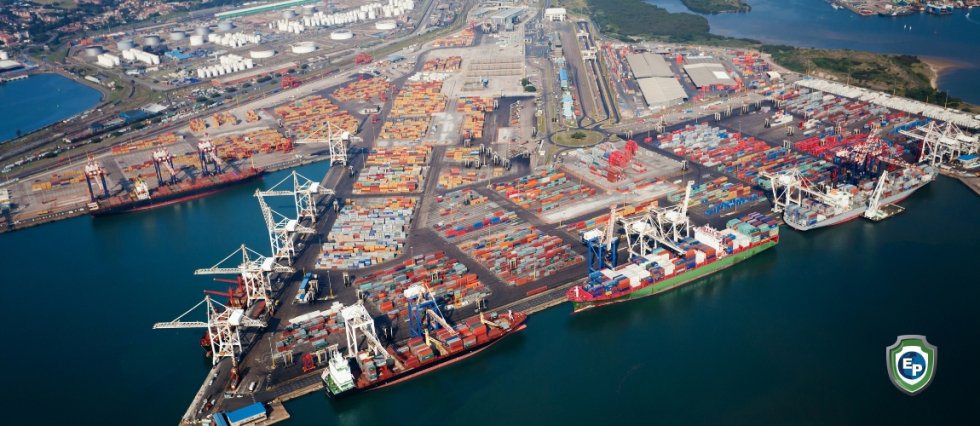What is the future of trade in Africa?
For many years, Africa was not seen as a key player in global trade. However, the AfCFTA may change the future of trade in Africa once and for all.

From 2015 to 2017, UNCTAD reported that the total trade from Africa to the rest of the world averaged at $760,463 million, in comparison to $481,081 million from Oceania, $4,109,131 million from Europe, $5,139,649 million from America, and $6,801,474 million from Asia, making it apparent that Africa is not a key player in the global trade of goods. However, with the ongoing plan of the African Continental Free Trade Area (AfCFTA), the largest trade agreement since the formation of the World Trade Organization (WTO), the future of trade in Africa looks promising.
The 2008 recession and its aftermath adversely affected Africa and reflected the continent’s high dependence on trade with the rest of the world. In fact, according to UNCTAD, from 2000 to 2017, the share of exports from Africa to the rest of the world ranged from 80 to 90%, leaving only Oceania to have a higher export dependence than Africa.
In theory, regional trade can help reduce Africa’s vulnerability to external forces. However, UNCTAD found intra-regional exports low in Africa in comparison to other regions. In 2017, Intra-African exports were 16.6% of total exports, compared with 68.1% in Europe, 59.4% in Asia, 55% in America, and 7% in Oceania. But, ironically, Africa and Asia are the only regions with a rising trend in intra-regional trade from 2008. This is because Intra-African trade may be underestimated due to the prevalence of informal trade and should be considered while interpreting shares of Intra-African trade in total trade.

For Africa, the signing of the agreement establishing the AfCFTA is a historical landmark achievement that signals the crossing of an important milestone in the continent’s long regional integration history. The AfCFTA, which will be the largest free trade area since the formation of WTO in terms of the number of participating countries, marks a pivotal shift for Africa to speed up trade, investment, and industrialization within the continent and strategically leverage Africa as a key economic player on the global stage.
The AfCFTA can provide a platform of dialogue and negotiations across all eight regional economic communities, allowing communities to increase trade with one another to speed up harmonization and coordination among them and to strengthen their roles as building blocks of the AfCFTA.
With UNCTAD predicting the Intra-African trade to increase by 52.3% or $34.6 billion in 2022, compared with a baseline scenario of not having a free trade area, the removal of tariffs, supplemented by trade facilitation in the AfCFTA, could lead to trade creation effects that are stronger than trade diversion effects.
Although the free trade agreement couldn’t begin as planned on July 1st due to COVID-19, the AfCFTA will act as a catalyst for industrialization on the continent and will support the development of regional value chains in manufacturing and Agro-industry when it goes into effect. The gains will accrue to the private sector in Africa, as it taps into investment and commercial opportunities in these sectors. The development of regional value chains may also stimulate local entrepreneurship. Despite all the challenges in the way of economic improvement in Africa, one thing remains certain: the future of trade looks promising.
Learn More With Export Portal
We are a comprehensive global trade hub to help you trade safely and securely. We prioritize security, transparency, cost-effectiveness, and ease-of-use. Check out our newsletter today and stay in the loop!






Comments 0